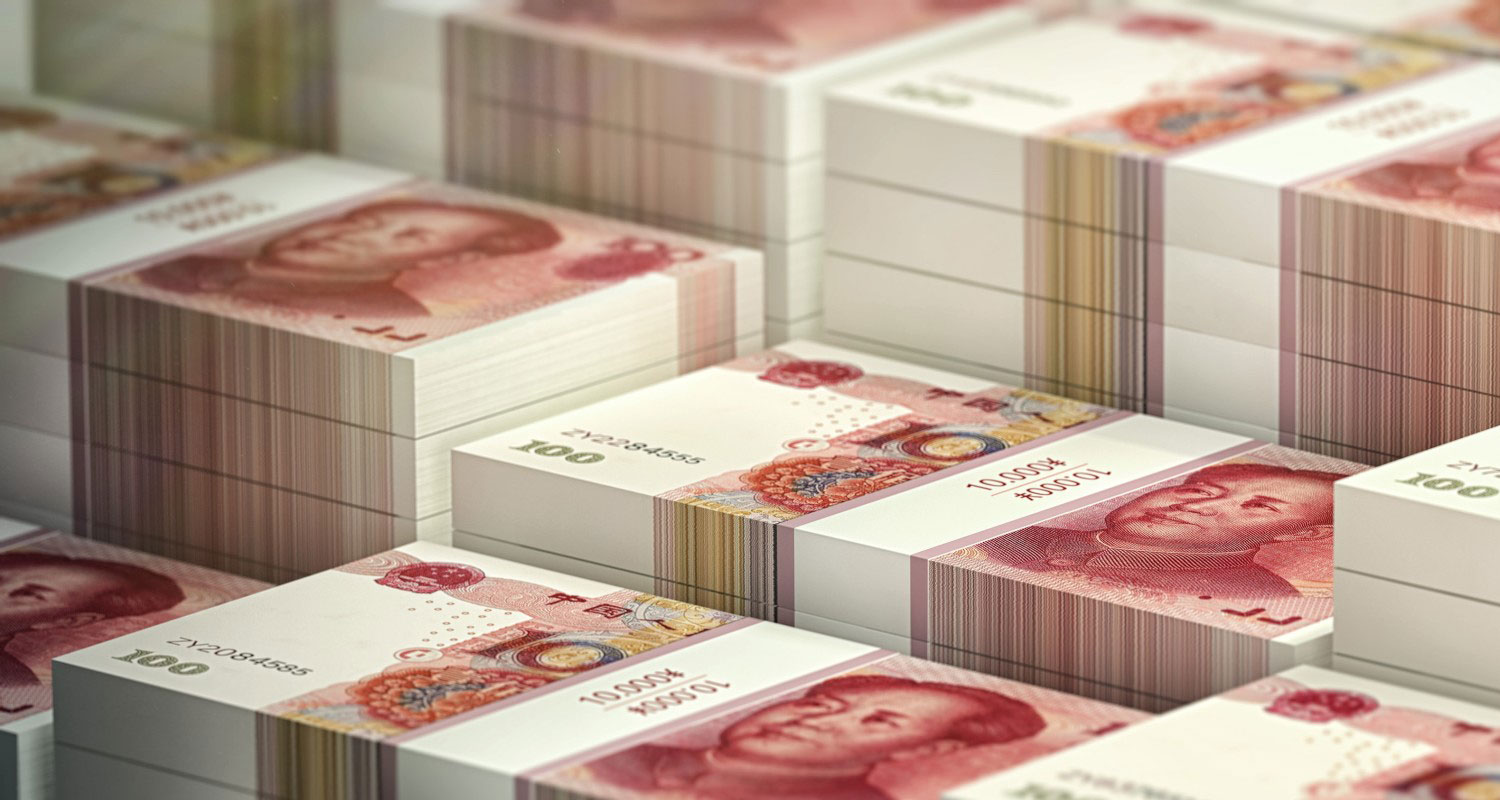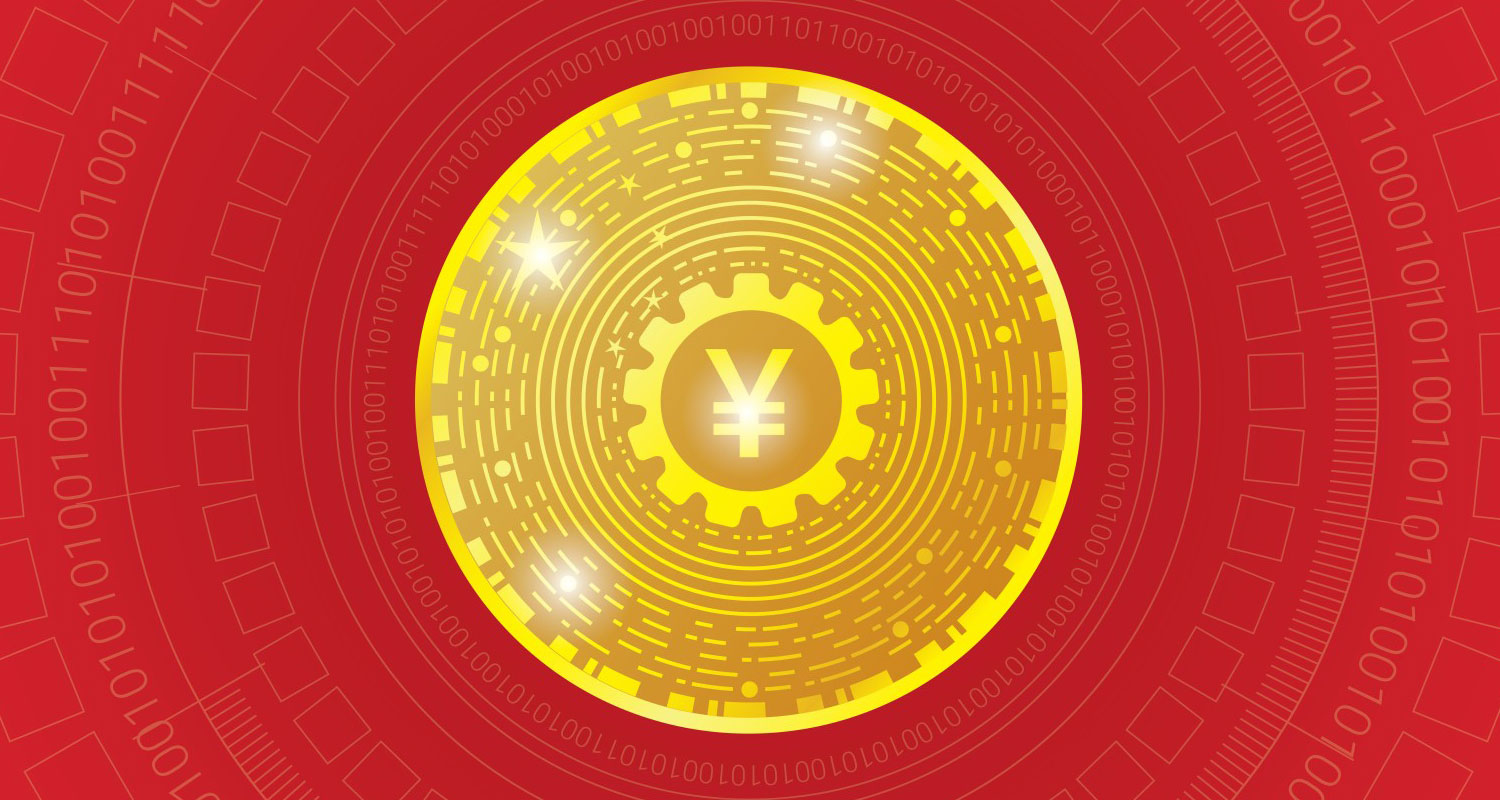 Cutting some Russian banks’ access to Swift — the messaging network at the heart of global movement of money — may be a highly effective punishment for President Vladimir Putin’s invasion of Ukraine. But it will give other geopolitical rivals, especially China, the excuse to promote digital versions of their own central banks’ money in global trade and finance. That could weaken the dollar’s international clout.
Cutting some Russian banks’ access to Swift — the messaging network at the heart of global movement of money — may be a highly effective punishment for President Vladimir Putin’s invasion of Ukraine. But it will give other geopolitical rivals, especially China, the excuse to promote digital versions of their own central banks’ money in global trade and finance. That could weaken the dollar’s international clout.
The key pillars of US economic hegemony are Swift, Chips and the dollar. Weaponising any one of them against the banking system of Russia, the 11th largest economy, will convince China that it needs an alternative to the trifecta to escape the ambit of American power.
Based in Brussels, but with a data centre in the US state of Virginia, the cooperatively owned Society for Worldwide Interbank Financial Telecommunication, or Swift, is a “financial panopticon” that allows Washington to surveil cross-border fund flows. However, the actual policing often comes out of New York, where 95% of the world’s dollar payments are irrevocably settled.
The Clearing House Interbank Payments System, or Chips, is a private club of financial institutions. Its 43 members settle US$1.8-trillion in claims every day using a pre-funded account at the Federal Reserve. They all maintain US offices, and are subject to US law, which makes it easier for authorities to catch and punish. Millions of dollars in fees aren’t really worth the nearly $13-billion that Chips members like BNP Paribas, Standard Chartered and others have paid in fines over nearly two decades of Iran-related sanctions violations.
As an instrument of American power, Chips hasn’t gone unnoticed in Beijing. In the Canadian court battle to stop the extradition to the US of Huawei Technologies finance chief Meng Wanzhou, the Chinese firm questioned HSBC Holdings’ decision to process $100-million of Skycom transactions in New York. Huawei argued that that since HSBC knew of its links with Skycom, a Hong Kong-based partner that sold equipment in Iran, the bank should have routed the funds through a smaller offshore dollar clearing system in the Chinese special administrative region — thereby avoiding putting the money on US soil.
Yoke of Chips
To shrug off the yoke of Chips, China has readied its own Cross-Border Interbank Payment System (Cips). Cips settles international claims in yuan and can potentially run its own messaging network. (Since 2016, it has used Swift as its communications channel.) CIPS has grown rapidly. But as long as 40% of the world’s international payments are in dollars, a clearing facility for yuan — whose share is 3% — can’t be a replacement for Chips. Which is where e-CNY, the digital yuan that’s currently undergoing extensive pilot runs, enters the picture.
The token is “technically ready” for cross-border use, according to a white paper released last year by the central bank, though it’s “designed mainly for domestic retail payments at present”. That could change. If a Chinese company or individual were to face the threat of not being able to send money overseas because Chips won’t clear the payment or Swift won’t carry the instructions, an intermediary in a friendly country could always be persuaded to accept e-CNY, and forward a dollar stablecoin payment to the Chinese buyer’s overseas counterparty.
The intermediary faces no credit risk because it’s dealing in sovereign cash, backed by the taxpayers of the world’s second biggest economy. Nor will there be a settlement risk. The blockchain will make all transactions “atomic”, meaning that money will change hands — in tokenised forms — without exposing any of the counterparties to a limbo where they had parted with something of value without receiving the agreed consideration. If the Chinese buyer doesn’t have valid yuan to spend, the seller won’t receive payment; the go-between won’t be out of pocket. And to convert its digital yuan back into dollars — or a stablecoin like tether or USD coin that mimics the US dollar — the intermediary only needs people in the rest of the world to want to buy Chinese goods and assets, for which they will be required to send e-CNY.
 Swift will never see the transaction, Chips won’t have to clear it. Indeed, no Western bank may be needed to move funds across borders. Even if the US bars stablecoin firms from doing business with Chinese residents, it will not be able to prevent entities in a third country from buying dollar tokens on a cryptocurrency exchange to pay US-regulated businesses. The sphere of American economic dominance could shrink — not in a year or two, but perhaps over a decade or longer.
Swift will never see the transaction, Chips won’t have to clear it. Indeed, no Western bank may be needed to move funds across borders. Even if the US bars stablecoin firms from doing business with Chinese residents, it will not be able to prevent entities in a third country from buying dollar tokens on a cryptocurrency exchange to pay US-regulated businesses. The sphere of American economic dominance could shrink — not in a year or two, but perhaps over a decade or longer.
And that’s probably the biggest thing about hegemonic power. It’s unrivalled as long as the consequences of its coercive use — collapsed banking systems, tanking national currencies, swooning stock markets — are left to the imagination of potential targets. However, when the muscles are actually flexed, the long-term result may be unpredictable: it could either send future rivals cowering or embolden their search for a viable alternative. Can e-CNY be the latter? Beijing may not know the answer, but after Russia’s semi-expulsion from Swift, it might want to find out. — (c) 2022 Bloomberg LP

